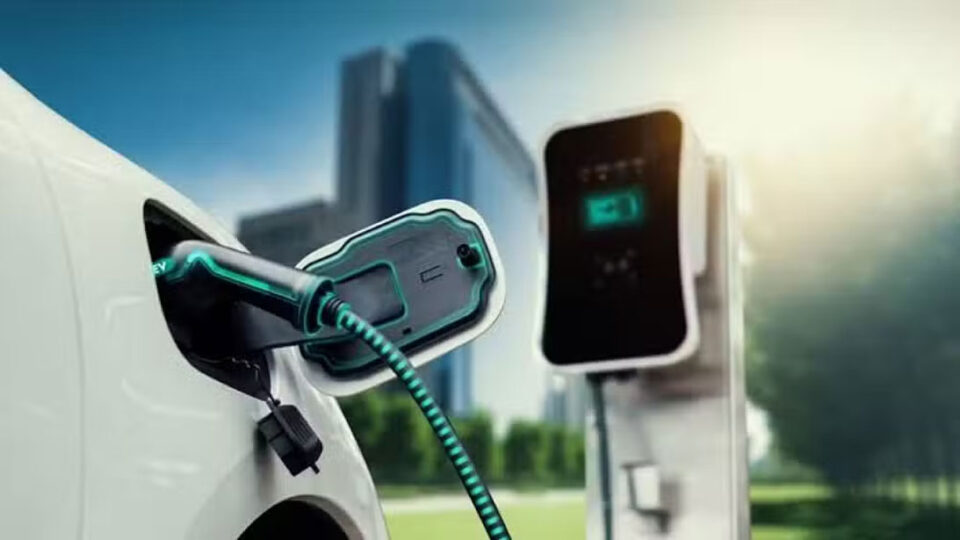Pakistan Sees Rapid Growth in Electric Vehicle Charging Infrastructure
The electric vehicle (EV) sector in Pakistan is witnessing rapid development, with nearly 3,800 investors and companies showing strong interest in establishing EV charging stations nationwide.
This increasing momentum is supported by both local and international companies exploring opportunities in Pakistan’s expanding EV market. The government’s ongoing efforts to promote clean energy and create a supportive environment for EV adoption have played a key role in driving this investment.
According to the National Energy Efficiency and Conservation Authority (NEECA), 71 EV charging stations have already received licenses, marking significant progress in building a sustainable transportation infrastructure. An additional 30 to 35 operational stations have approached NEECA for registration, while another 128 applications are currently under review.
Dr. Moazzam, Managing Director of NEECA, shared that several companies are also planning to introduce battery swapping stations alongside traditional charging setups. This step is expected to improve the convenience and efficiency of EV usage across Pakistan.
One of the major factors contributing to the rising interest is the government’s decision to reduce electricity tariffs for EV charging stations. These lower operational costs have made investments more viable and appealing to businesses. The initiative aligns with Pakistan’s broader goals of promoting environmental sustainability and reducing reliance on fossil fuels.
NEECA has emphasized its commitment to supporting investors by ensuring a fast-track licensing process. Once documentation is complete, licenses are typically issued within 15 days. The authority is also working closely with companies to streamline procedures and offer guidance throughout the registration process.
With growing participation from the private sector and supportive government policies, Pakistan is making steady progress toward establishing a nationwide EV charging network. This development not only supports the country’s environmental objectives but also opens up new opportunities in the clean energy and transport sectors.

